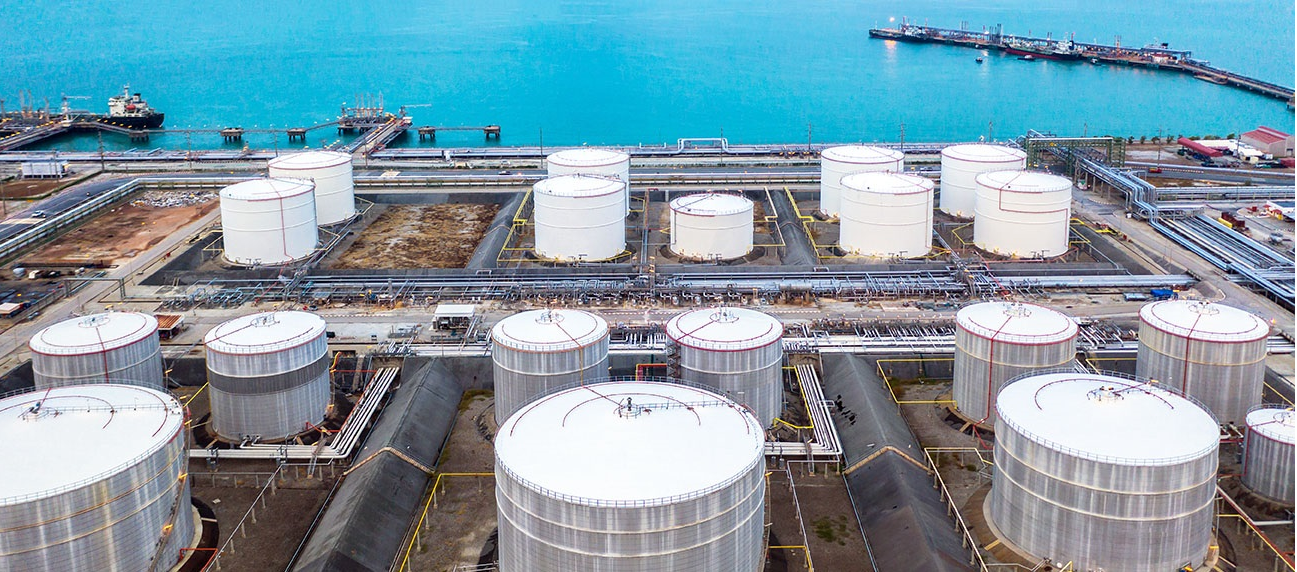The Role of FOB in International Petroleum Trade
International trade in petroleum products plays a pivotal role in the global economy, influencing price trends and ensuring energy security for various countries and regions. This article focuses on FOB (Free On Board) in-port fuel sales and purchases, highlighting common procedures, associated risks, and strategies for maximizing transaction efficiency. We will delve into key considerations, hidden nuances, potential frauds, and risks encountered during these transactions.
FOB Transaction Procedures
In its classical form, an FOB transaction in the petroleum sector involves the supplier selling oil products at their port of departure, with the buyer chartering a vessel to transport the goods.
Evolution of World Ports
Over time, many major global ports have expanded, constructing additional oil storage facilities. Some ports have evolved into vast trading hubs where transactions occur without loading ships. Instead, oil products are transferred within the port itself, such as from one storage facility to another. Prominent global oil trading hubs include Rotterdam (Netherlands), Fujairah (UAE), Houston (USA), and Singapore.
Types of FOB Transactions
FOB petroleum product transactions can be categorized into two main types:
- Classic FOB Transaction: The seller loads the buyer’s ship from their onshore tank.
- Intra-port FOB: The seller transfers oil products from their storage tank to the buyer’s tank farm or leases storage tanks to the buyer within the port.
For instance, the Port of Rotterdam has an intra-port oil pipeline system that facilitates the transfer of oil products between tanks or from tank to ship, with all oil depots connected by pipelines.
Challenges and Risks
Seller and buyer dynamics involve a competitive struggle over price, quality, and transaction terms. In a market rife with fraudsters, the following issues often arise:
Seller’s Perspective: Sellers are cautious about sharing product documents first to avoid fraud. Intermediaries or fraudsters may pose as buyers to obtain these documents, either reselling them or using them to defraud other clients. This leads to potential rehearsal risks and wasted time.
Buyer’s Perspective: Buyers are wary of revealing financial and logistical details upfront, fearing they might be dealing with a fake seller. They may hesitate to show bank statements, ship availability, or leased storage facilities until they trust the supplier.
Reputation and Trust
While there are well-known companies with established reputations, new buyers and sellers always emerge, seeking better prices or payment terms. This continuous search can lead to both opportunities and risks in the dynamic petroleum market.

